Air Pollution: An Urgent Cry for Sustainability
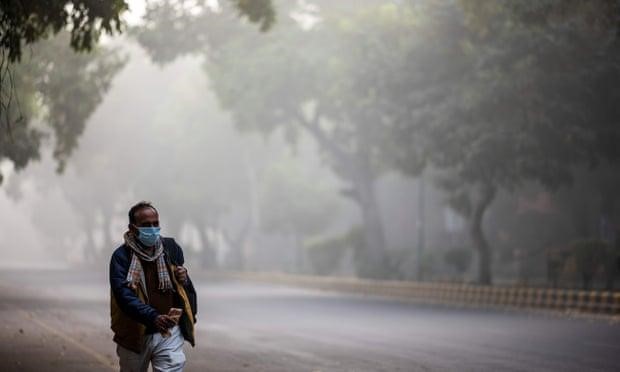
Air pollution and its harmful consequences, particularly in India, has steadily increased over time, killing millions of people and detrimentally affecting the environment. Just in 2019, 1.7 million people in India died because of air pollution, accounting for 18% of all deaths in the country (1). Additionally, nature and wildlife suffer damaging consequences due to this phenomenon. It is the responsibility of humans around the world to enact change or else it will just keep getting worse; governments, factories and corporations, as well as individuals, need to take a step back, acknowledge this urgent issue, and make changes that will decrease the amount of pollution into the atmosphere.

To give some more perspective as to how crucial this matter needs to be analyzed and controlled, the World Health Organization categorized the air quality of the city of Delhi to be 500% above the recommended level for safety (1). This statistic should be the driving force for change. Currently, there are many unsustainable practices that are causing air pollution, and when most of the population is contributing to these practices, collectively they become hazardous and deadly. Starting with individuals, the most prevalent sources of pollution include exhaust from automobiles and fuel combustion for indoor heating, lighting, and food preparation purposes (2). Larger sources of toxic air pollution consist of toxic emissions from brick kilns and electricity generation from substances such as coal, which releases harmful greenhouse gases into the air (2). Along with the need for individual people, as well large industries, to be more mindful of and cut back their harmful practices, there should be a priority to have more access to and education on sustainable resources. For example, sustainable energy that comes from solar and wind sources are becoming more popular around the world because instead of burning, which emits toxic gases, natural energy is used, which emits no gases. The air quality could improve drastically if more people were educated about the importance of renewable energy and how it could keep them and their loved ones alive. Ideally, more people would be given access to solar panels for their homes and companies would have the opportunities to use technology such as wind turbines.
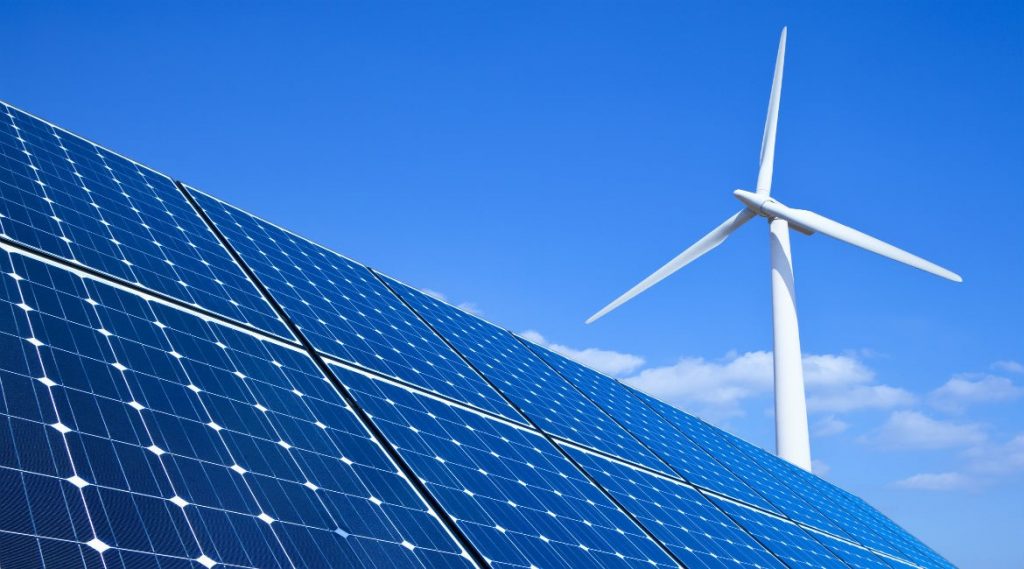
As stated above, millions of people in India each year are negatively affected by air pollution. Millions are dying, not to mention the people who do not die also suffer health consequences. Such ramifications include lung cancer, stroke, diabetes, and heart disease (1). These diseases affect a person for the rest of their life; they may have to be on constant medication, have routine hospital visits, may never be able to do the same activities again, may have lifelong pain, and many other devastating outcomes. Although air pollution affects the whole population, there are some who are destined to get it worse: “pollution has become one of India’s greatest dividers between rich and poor, with affluent Indian residents able to offset the pollution with air purifiers in their cars and homes, while poorer people, who often live in unsealed homes, bear the brunt of the toxic air and its long-term health impacts” (1). Entire communities, states, countries, and the world have to come together to realize this dangerous issue and work together to make a difference.
Similar to other issues affecting different parts of the world, such as racial injustice and the COVID-19 disease, Dr. Guttikunda, researcher of air pollution and founder of UrbanEmissions.Info, observes the fact that “the interest in the topic from the media and from the public seems to peak only when the pollution levels are in the ‘emergency’ range.” If only steps would have been taken before pollution has reached the “emergency” stage, it may have been easier to control. However, this is the tragic reality and the past is in the past. Now, the only way change will happen is if harmful practices are monitored and restricted, and sustainable practices are encouraged and accessible. Although it will take billions of people to enact change, American Historian Howard Zinn once said: “small acts, when multiplied by millions of people, can transform the world.” If each person does their part, it adds up. So, instead of driving your car today, try riding your bike. Turn your lights off when you exit a room. The ways that you can make change are endless.
Sources:



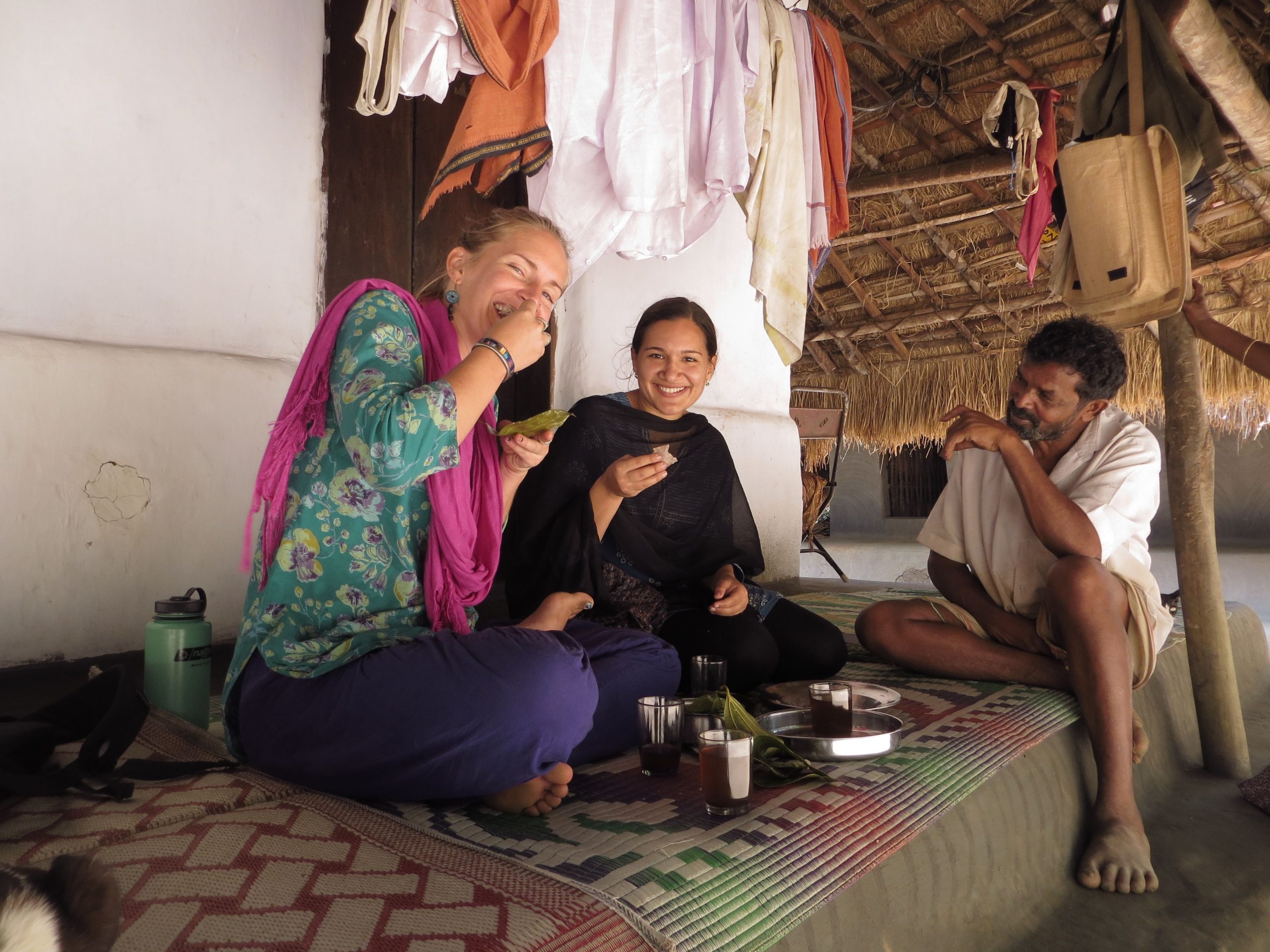
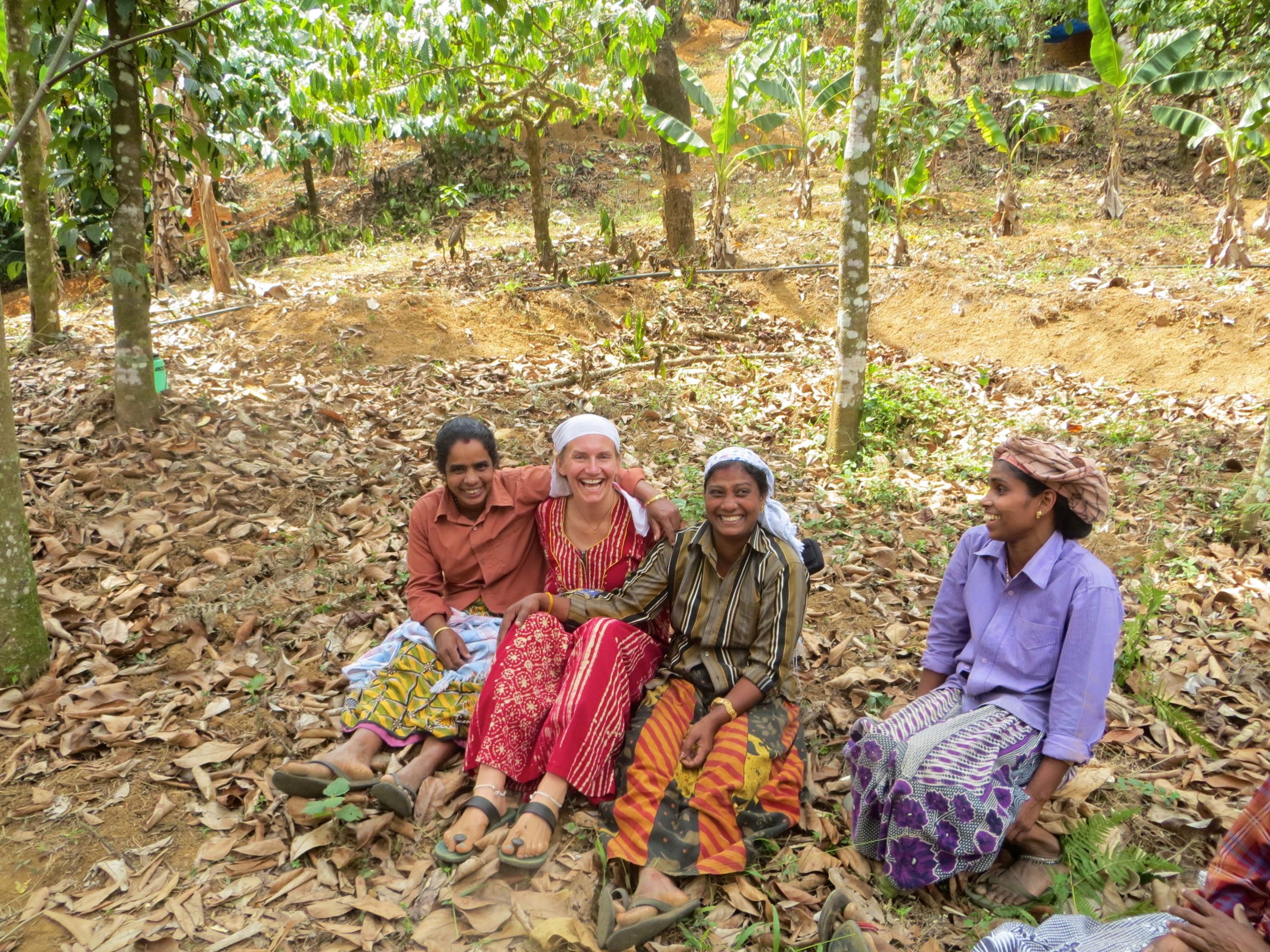
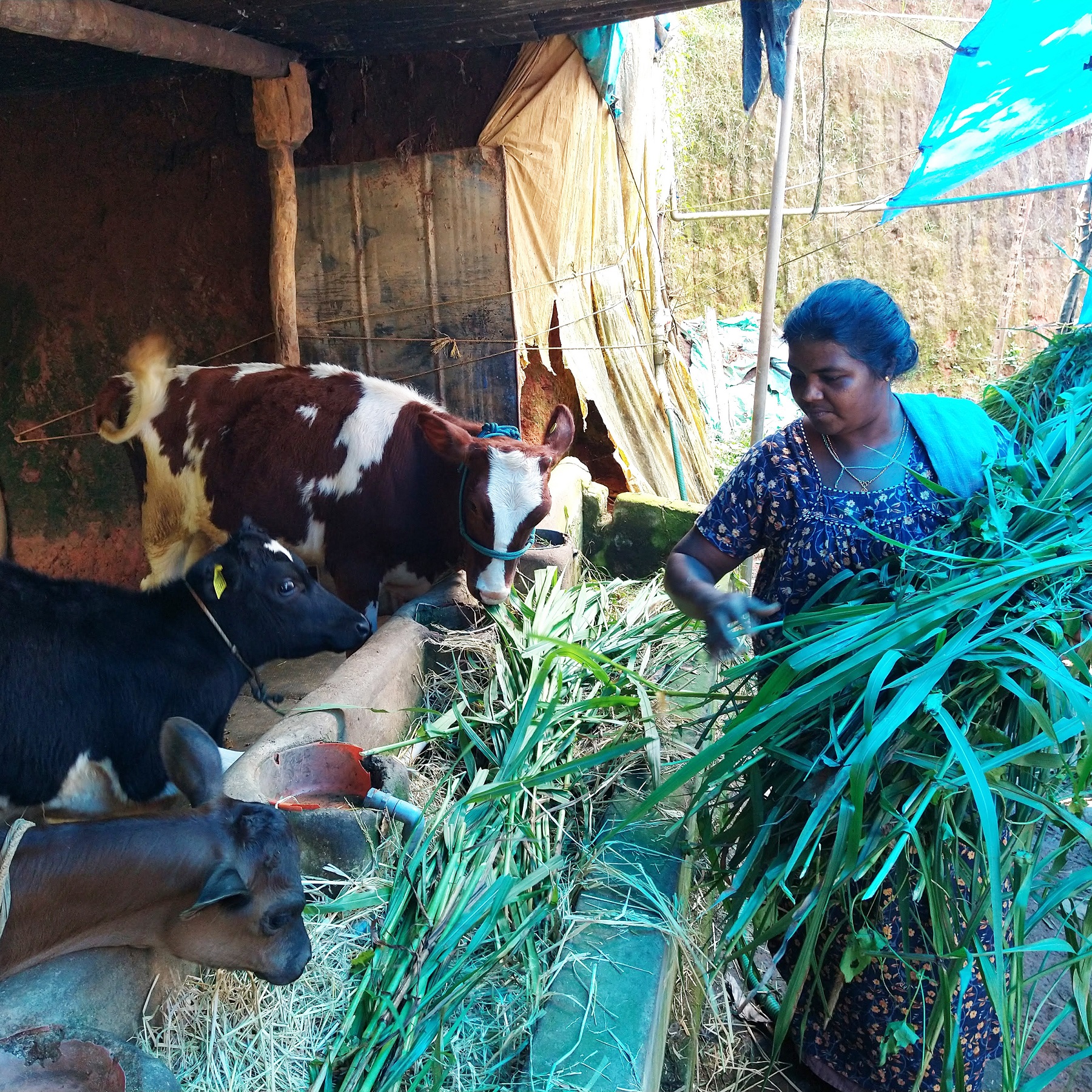
Leave a Reply
You must be logged in to post a comment.